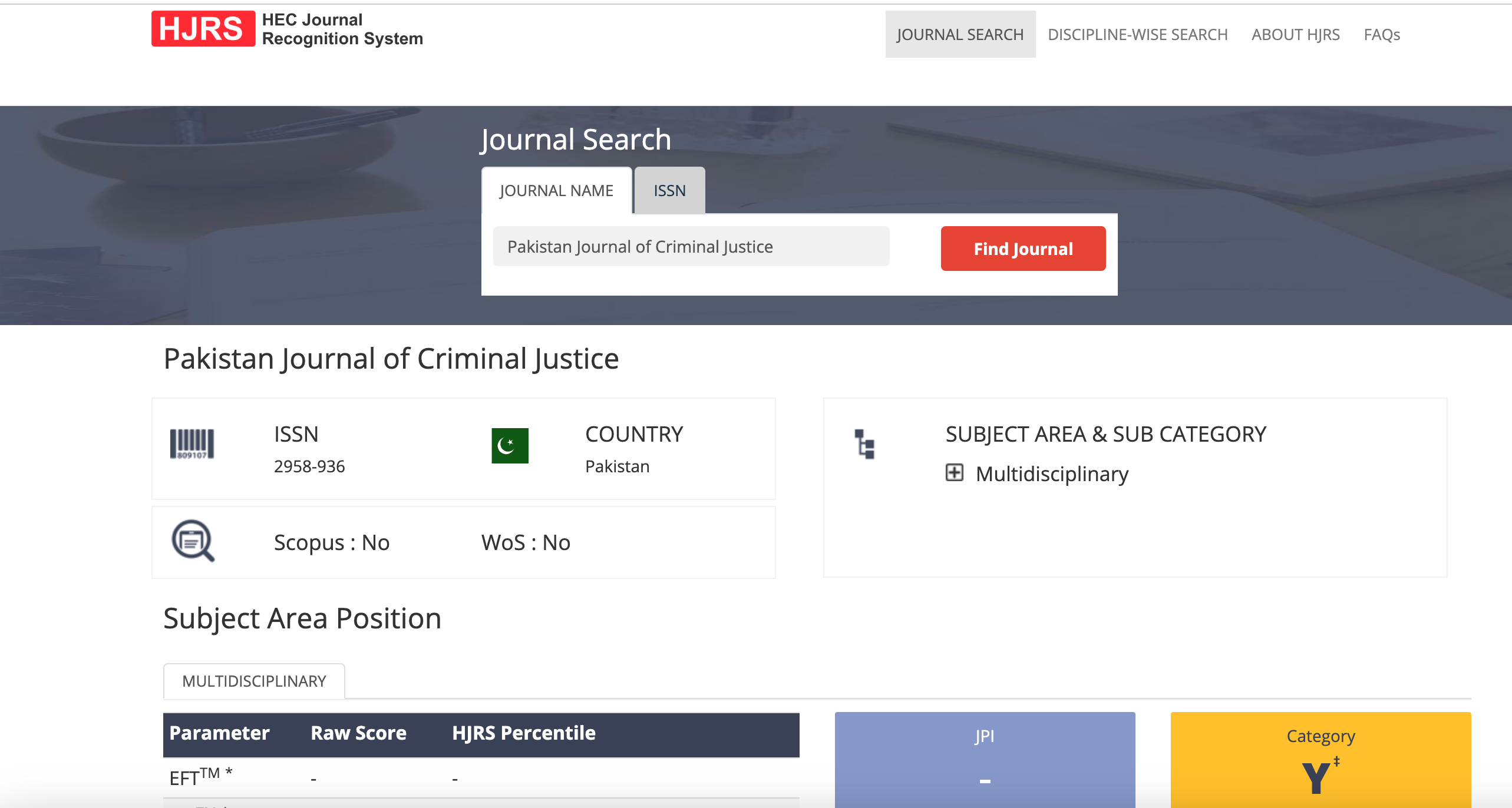A Critical Study on Laws Related to White-Collar Crimes in Pakistan
Abstract
For answers to questions and in research of why or who is involved in white-collar crime, only critical analysis through generalization is possible. The widely held belief that companies in financial trouble are much more likely to be offended and affronted than those in good standing has been disproved. The most revealing part of the summary and article is subjective studies of how white-collar crimes are perpetrated and how regulatory agencies seek to limit offences. This executive summary portrays persistent stress for white racism blame to be forwarded disapproval in the class label, comprehensive use of international legal prevention strategies, as well as the replacement of regulation placed above a white organization for unofficial nonviolent direct methods of social control over contentious regulatory oversight in this esoteric. The research that concludes approaches "grabbing" by governing objectives is carefully investigated. Public attitudes toward violent criminals have become increasingly vindictive, according to studies. The research finds that theoretical development all along organizational theory exemplar is most acceptable, but that dividing violent racism into "corporate fraud" and "vocational violence" is practical to ease such development.





